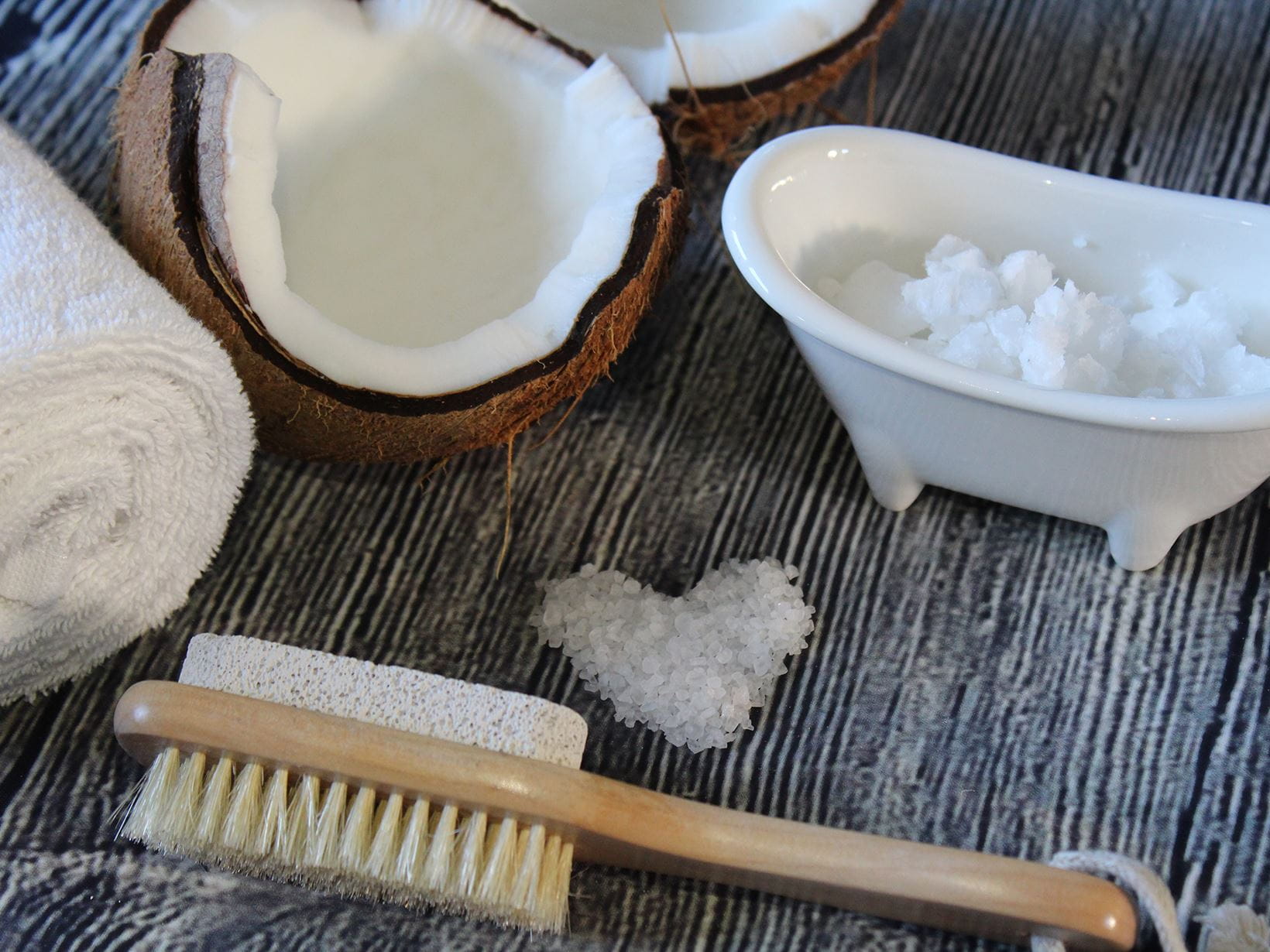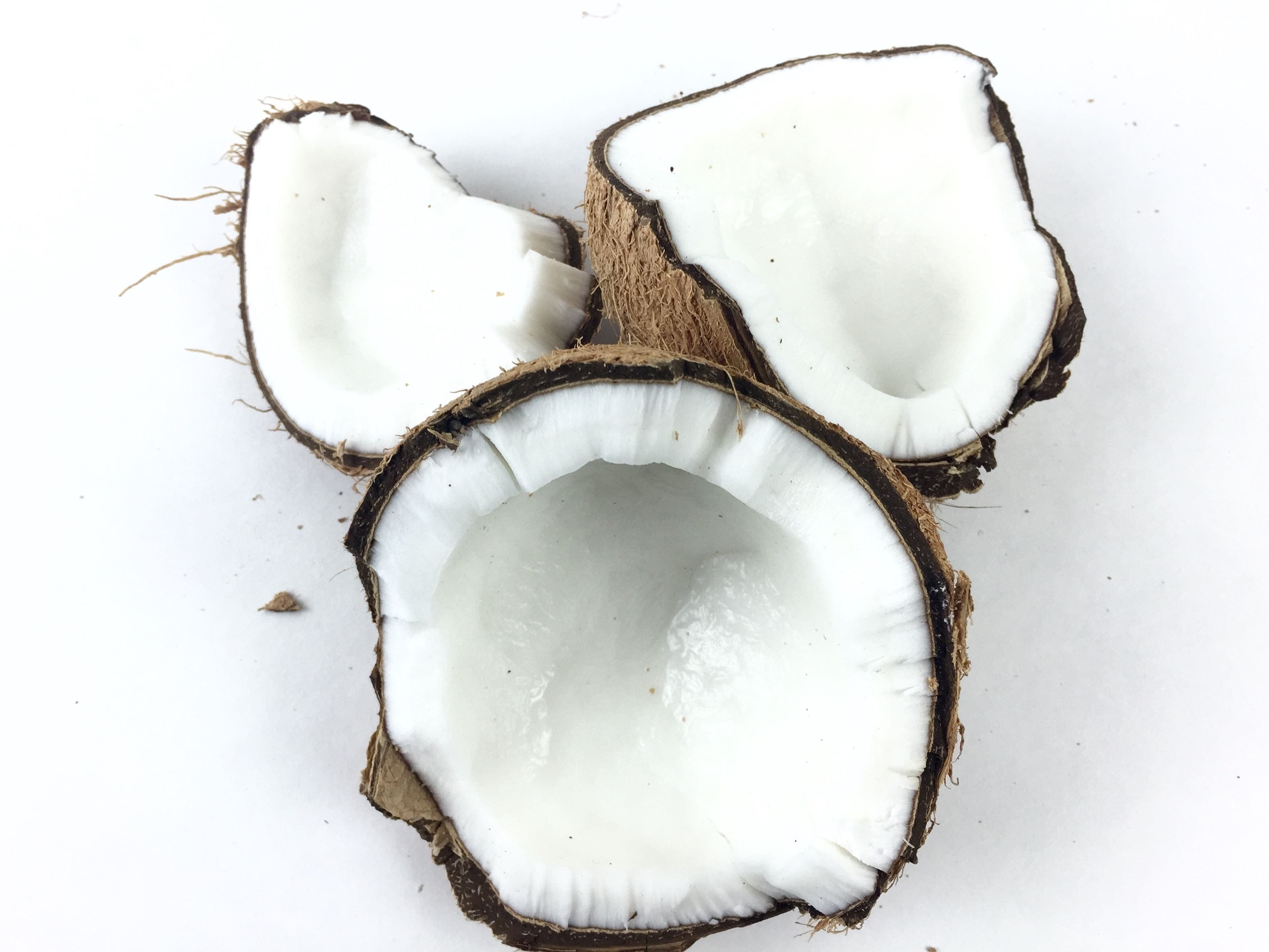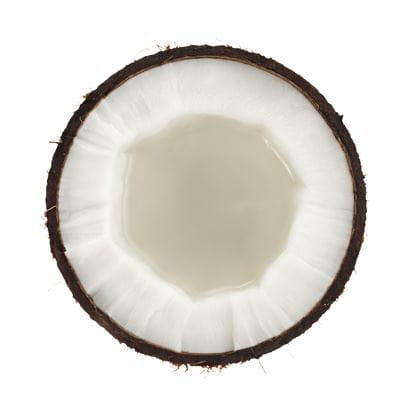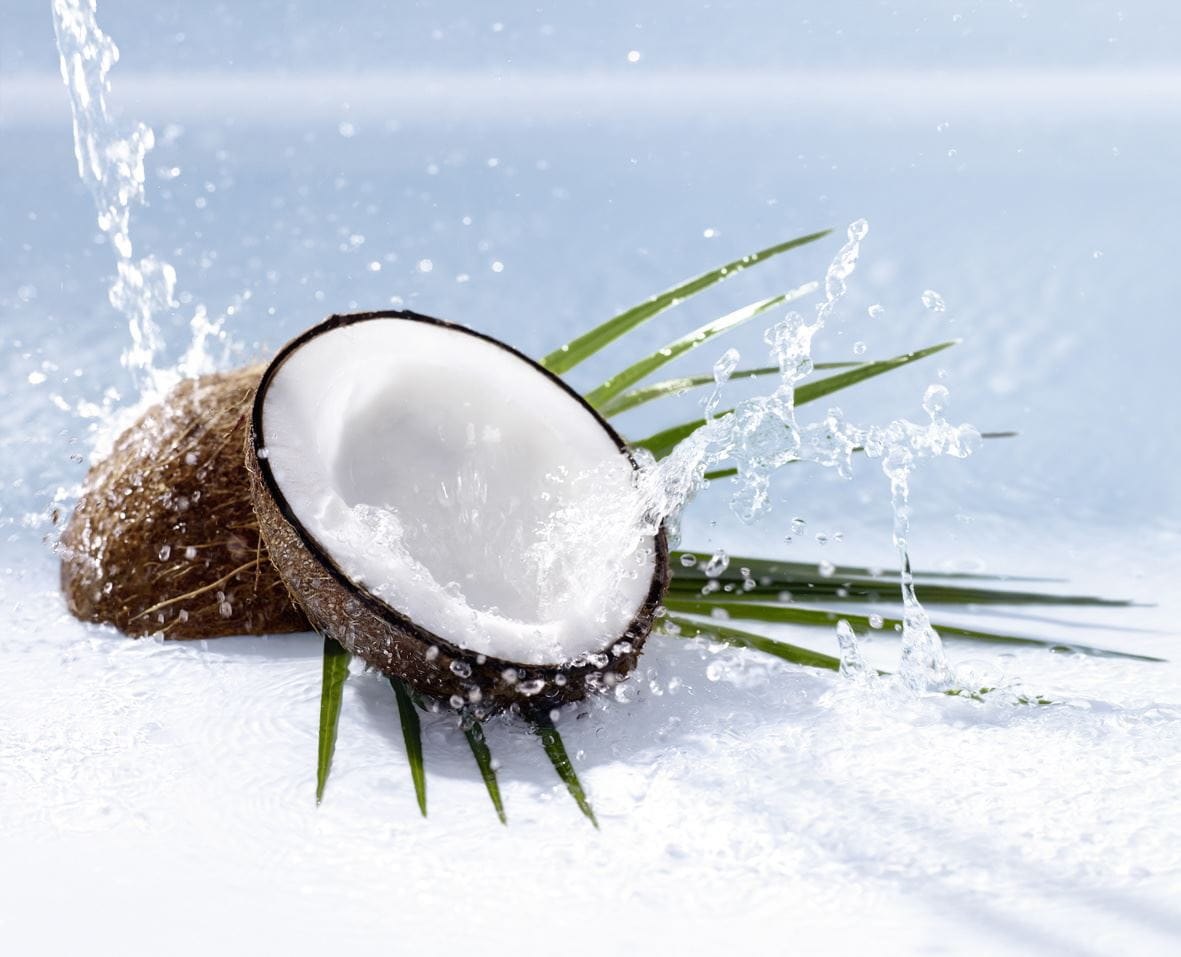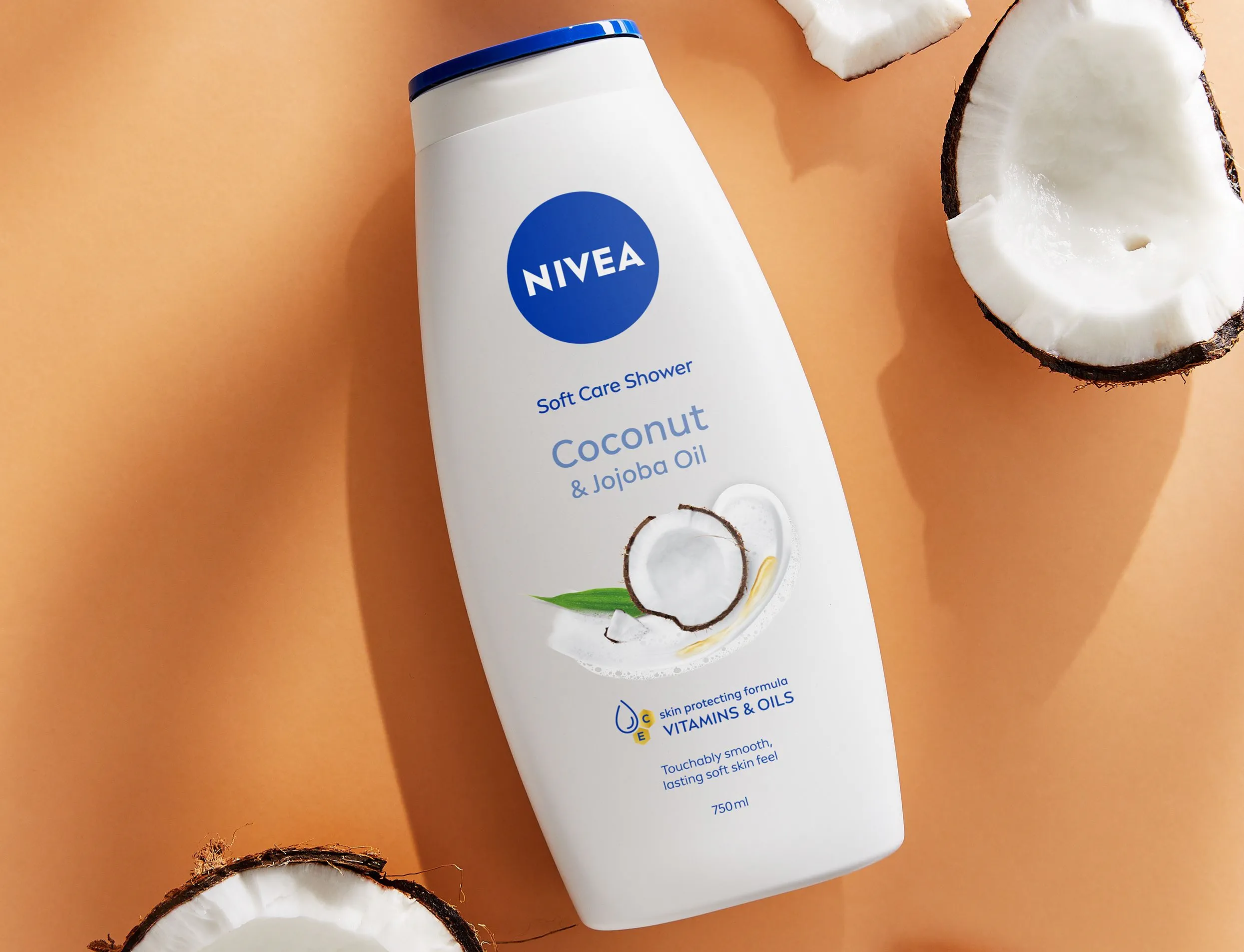Coconut Oil for Skin
What is Coconut Oil?
Coconut oil is an oil extracted from the meat or kernel of coconuts, at room temperature it is solid but can easily soften or melt when heated up. It has a particularly high saturated fat content and a few coconut oil uses include: cooking, cosmetic and industrial (biodiesel).
Is Coconut Oil Good for Skin?
Benefits of Coconut Oil for Skin: Is Coconut Oil Good for Skin?
The hype around the benefits of coconut oil for skin is well deserved. It is rich in acids that are antiviral, antibacterial, antifungal and antimicrobial.
Is Coconut Oil Good for Skin?
Benefits of Coconut Oil for Skin: The Composition of Coconut Oil
Coconut oil is wholly composed of different fats and is mostly rich in medium chain saturated fatty acids.
Coconut Oil for Skin
Where Does Coconut Oil Come From?
Coconut oil is extracted from the kernel of coconuts by either a wet or dry process. The dry process of producing coconut oil for skin involves extracting the meat before drying it off and pressing or dissolving the copra to get the oil. The wet process involves using extracted coconut milk and separating the emulsion of water and oil. The dry process of extracting coconut oil is usually preferred as it generates a higher yield and is cheaper.
Approximately 70% of the world's coconut oil is produced by the Philippines and Indonesia.
Approximately 70% of the world's coconut oil is produced by the Philippines and Indonesia.
Coconut Oil for Skin
Popular Coconut Oil Uses
Coconut Oil for Skin
DIY Coconut Oil for Face
Using unrefined, raw or virgin coconut oil for face overnight can work wonders for your skin and is a popular occasional deep treatment.
NIVEA & Coconut
Coconut Oil has plenty of benefits and its captivating aroma is a delight in itself. We've captured the exquisite fragrance of Coconut in our shower cream for a truly indulgent experience.
